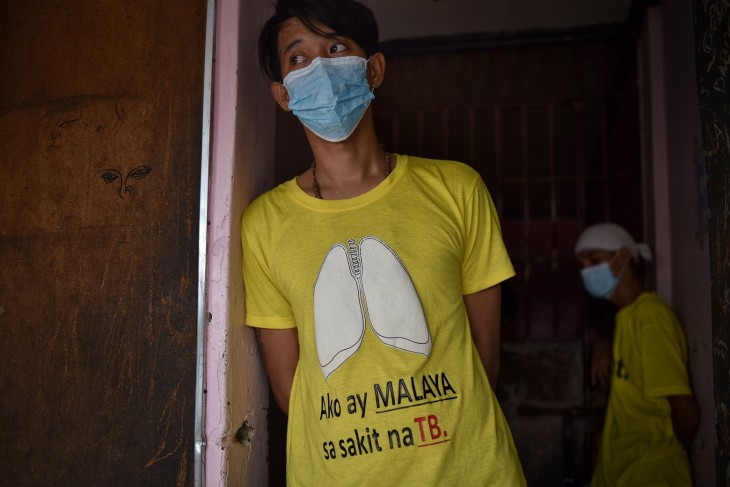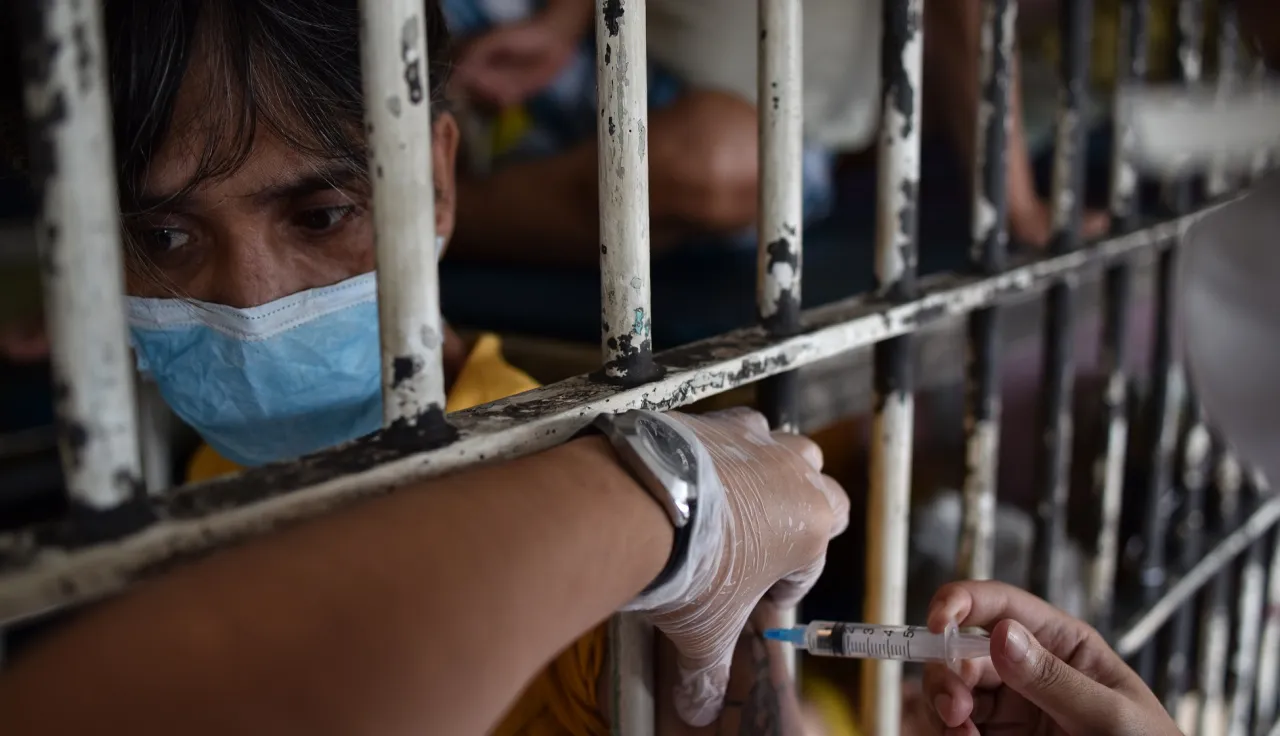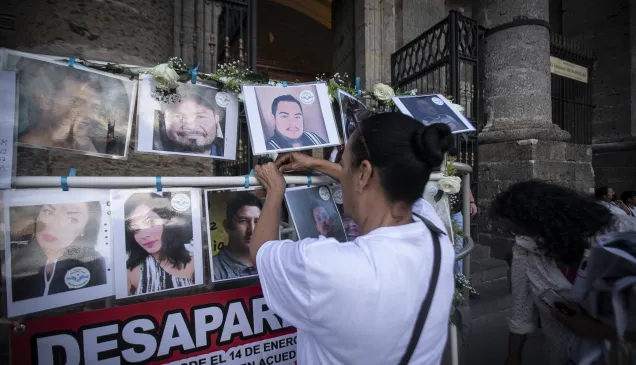Manila (ICRC) – Through a four-year pilot project that improved tuberculosis (TB) control processes in the Quezon City Jail (QCJ), more TB cases were found and treated among the detainees, and mortality rates significantly dropped.
Since the start of 2013, QCJ performed 24,215 TB screenings for inmates and staff during three annual TB mass screenings and other routine TB case finding mechanisms, which led to the identification of 1,016 TB patients, who were eventually enrolled in TB treatment. Around half of the cases have finished their treatment, and many of the remaining patients are still undergoing treatment.
The project for the management of TB in jails was launched in 2012 by the International Committee of the Red Cross (ICRC) in partnership with the Bureau of Jail Management and Penology (BJMP), with the aim of implementing targeted interventions in QCJ as the pilot site.
"For the last four years, we have witnessed many successes from our partnership on the QCJ pilot project on TB. As we hand over this program to the jail authorities, we take this opportunity to praise the motivation of QCJ staff in ensuring better access to TB care for detainees," said Pascal Porchet, head of the ICRC delegation in the Philippines.
The ICRC has worked closely with BJMP and QCJ staff on
- improving TB case finding through annual TB mass screenings and other routine TB case findings upon entry and incarceration;
- institutionalizing TB entry screening, with impressive results;
- improving significantly TB treatment outcomes, surpassing the World Health Organization's Stop TB target;
- reducing general mortality within the acceptable range for the region despite increasing jail overcrowding;
- significantly reducing TB mortality from 35.7 percent of general deaths in 2012 to 8.3 percent in the first 11 months of 2016, despite a marked increase in number of detected TB cases; and
- enhancing treatment facilities for TB-affected detainees.
The best practices from the QCJ TB program serve as a model for authorities on managing TB in jails with severe overcrowding, and provide a strong reference for revising the national policy documents of the Department of Health as well as BJMP and the Bureau of Corrections on TB control in jails and prisons.

"I am free from TB" reads the shirt of one inmate from QCJ. ICRC supported in the dissemination of a booklet "TB Behind Bars " for the awareness of detention population. Photo by ICRC/J.Aznar
"Throughout the four years of piloting, QCJ has raised the bar on how TB should be managed in detention settings, which proves to be exemplary by any measure. All of this is mainly through the support of the ICRC," said QCJ warden J/Supt. Randel Latoza.
Porchet however stressed that despite all the efforts, the ICRC remains extremely concerned about the alarming levels of overcrowding in Philippine jails, which represent an obstacle to all initiatives aiming at ensuring humane conditions for both inmates and staff present in the jails.
"This is certainly the case when it comes to the control of tuberculosis and other communicable diseases, but more generally it also affects the mental and physical well-being of detainees and ultimately their very human dignity," he said.
As of October 2016, the national congestion rate in BJMP's 465 jails stood at 513 percent.
The ICRC will continue supporting BJMP in its efforts to sustain these results in the field of TB control. It will also pursue its bilateral confidential dialogue with BJMP on the treatment and conditions of detainees, and keep engaging with key national agencies that have a role to play in tackling the enormous challenges posed by overcrowded detention facilities.
For further information, please contact:
Allison Lopez, ICRC Manila, tel: 0908 868 6884
Wolde-Gabriel Saugeron, ICRC Manila, tel: 0918 907 2125



